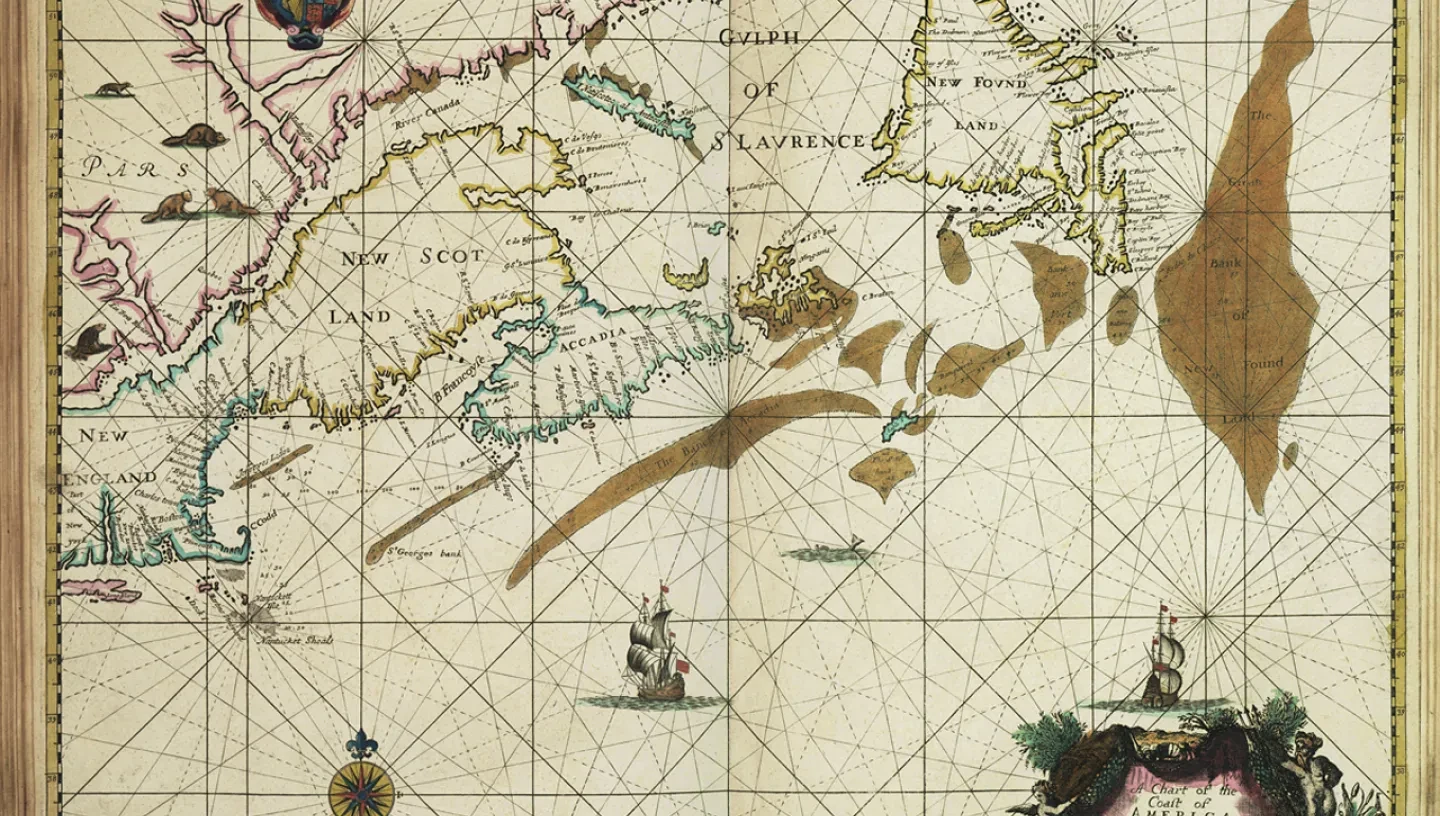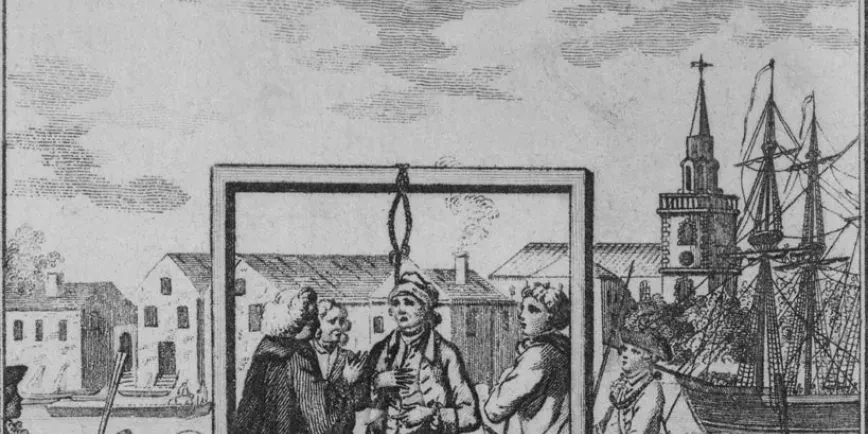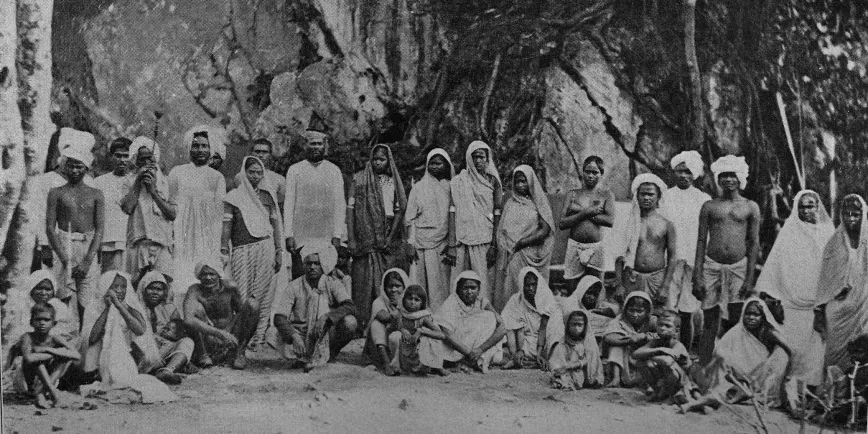
Essential information
| Type | Talks and tours |
|---|---|
| Location |
Online
|
| Date and times | Tuesday 5 December 2023 | 5.15pm - 6.30pm |
| Prices | Free |
In 1497, explorer John Cabot returned to Bristol from a voyage across the North Atlantic. He told of waters so thick with cod that the fish could be lifted straight on board in baskets. At this time, fish was a high-priced, limited resource in Europe. The Grand Banks fishery in Newfoundland soon offered abundant high-quality, low-priced catches to the European market. Tens of thousands of Spanish, Portuguese, French and English fishers flocked to this fishery and, by 1600, Europe was experiencing a ‘Fish Revolution’.
The Grand Banks fell victim to overfishing and a worsening climate as the Little Ice Age drove down sea temperatures and changed marine ecosystems. Five centuries after Cabot’s visit, in 1992, it collapsed. Once the world’s largest fishery, it is now no more. The Fish Revolution is thus one of the first examples of the disrupting effects of globalisation and climate change.
How important were the Grand Banks to Europe? How accurate is the claim, made by historian D.B. Quinn, that Atlantic fish was as valuable to Europe as the gold and silver of the Americas? How did fish sustain Europe’s economic rise in the early-modern period? What lessons can we learn from the ultimate tragedy of the Grand Banks cod?
Over the last ten years, Professor Poul Holm (Trinity College Dublin) has led a large international team conducting research on the Fish Revolution at archives around Europe. Join us for a free online talk, as he explores this major episode in environmental history.
Event Details
This event is free and open to everyone, and will take place via Zoom. There is no need to book; please click on the button below shortly before 5.15pm on the day.
What’s on
See all events in this series.



